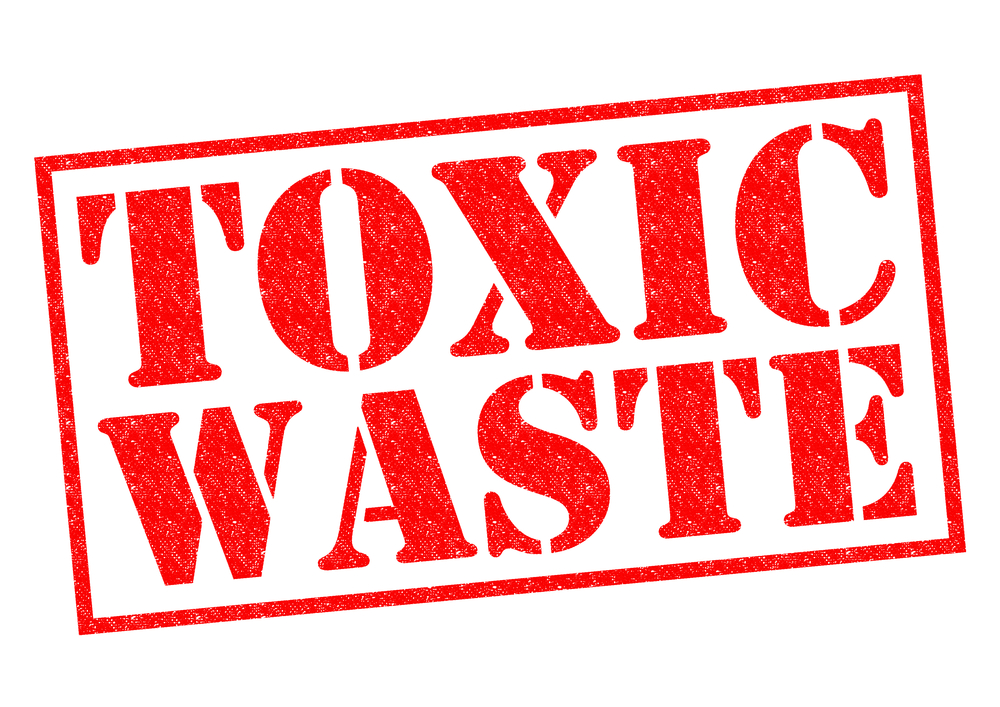
There are certain things that we all find ourselves using in our everyday lives, no matter how environmentally conscious we strive to be. Most of us drive a car, use a computer, have electric lighting. But when such things run down their life-spans, you can’t just simply put them on the curb without doing some damage to the environment. Here’s how to properly dispose of common items so you don’t leave a toxic footprint:
Motor oil: In most states, it’s illegal to pour motor oil down the drain — or even on the ground.The only proper — and legal — way to get rid of motor oil is to place it in a clean plastic container with a tight lid and bring it to a location willing to take it off your hands, such as recycling centers or car service stations. One important note is that used motor oil shouldn’t be mixed with anything else — such as paint, gasoline, solvents and antifreeze — because that will render it unsuitable for recycling.
Electronics: Have an old TV or computer hanging around your basement? Don’t just put it on the curb. The most environmentally friendly way to dispose of e-waste is to donate it for reuse or drop it off at a recycling center. The EPA offers many e-waste reference tools, from directories of local and government-supported drop-off centers to manufacturers’ mail-in recycling and trade-in programs.
Paint: Oil-based paints, coatings, stains, varnishes, paint removers and strippers qualify as household hazardous waste (HHW) because they contain chemicals that can be harmful to humans, animals and the environment. HHW items should never be disposed of in the trash or down the drain. Oil-based paint should be brought to a local collection agency, but latex (or water-based) paints can be dried out and the cans recycled.
Light bulbs: Fluorescent light bulbs and compact fluorescent light bulbs (CFLs) — while much better for the environment than regular
light bulbs — contain a miniscule amount of mercury (about 5 milligrams) that is released when the light bulb is broken. All florescent bulbs should be taken to a certified household waste facility.
Bottom line — think before you trash!